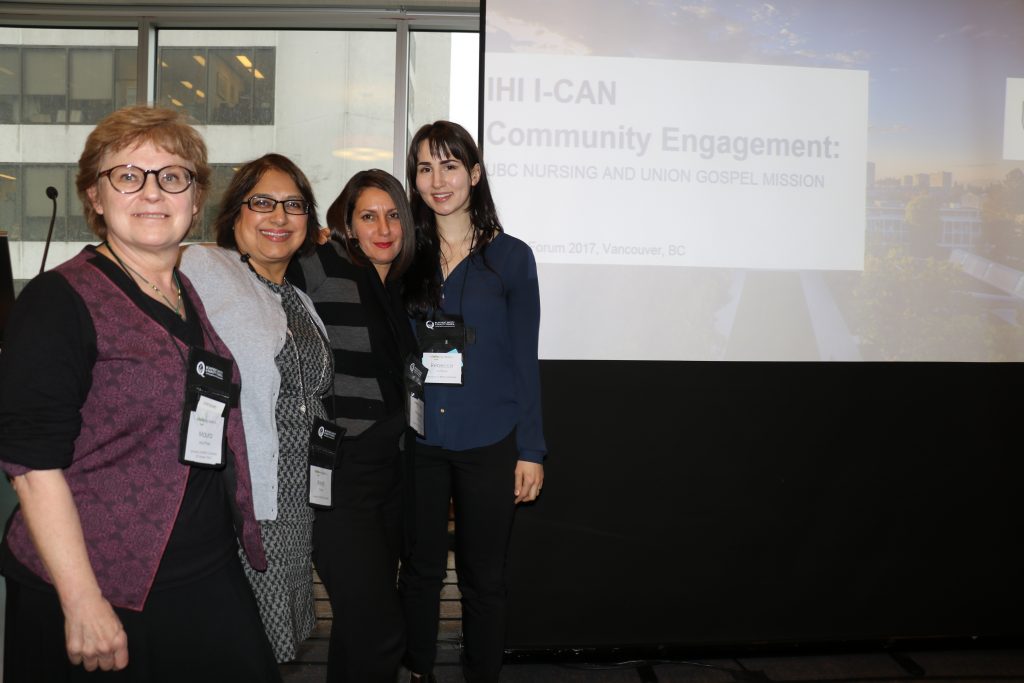BY ERICA BENSON
This summer I tracked down Kelsi Jessamine to pick her brain on her unique synthesis project. For current students attending UBC who have a project they are dreaming of, here is an inside look at how Kelsi made hers happen!
What did you do before entering the UBC accelerated BSN program?
Before entering the UBC accelerated BSN program I completed my Bachelor of Science, with a Major in Animal Biology at the University of Guelph. After graduation I worked at the university’s Animal Health Laboratory while continuing to work and volunteer at a couple local veterinary clinics. My work with animals in the agricultural field and clinical setting soon brought me to Ottawa, ON where I was introduced to Community Veterinary Outreach (CVO) and began volunteering at their clinics.
How did that experience inform your project?
Volunteering with Community Veterinary Outreach (CVO) was an extremely inspiring experience. Despite already having extensive experience working with animals, CVO clinics introduced me to how effective leveraging the human-animal is in clinical practice and just how effective the “One Health” care-model is in engaging with marginalized and vulnerable populations.
At CVO clinics, clients receive free veterinary care, food and supplies for their pet, and are then offered parallel human health services from a nursing care team. It quickly became evident how powerful the role of the veterinarian is in not only providing pet health education but in gathering a social history from the client. Pet health education from the veterinarian covers topics from nutrition, immune, respiratory, and cardiovascular health, which share common themes with the health of their owners. The client’s willingness to engage in the offered human health services is only enhanced after consulting and building trust with the veterinary team. Even before beginning my nursing degree it was clear to me how unique the inter-professional collaboration within the “One Health” care model is and how it dramatically improves the public health status of both pets and people in a community.
Who did you approach in the SON to collaborate on the project? In the community?
For my final nursing synthesis project, I approached nursing instructors Maura McPhee and Ranjit Dhari. They were extremely supportive of my proposal right from our initial meeting and have continued to support the project along with a number of other UBC School of Nursing staff and instructors. After receiving approval from CVO to expand the initiative to Vancouver, we then partnered with Paws for Hope Animal Foundation (PFH) and launched Vancouver’s first primary care clinic for marginalized clients and their pets. The event was held at Directions Youth Services on December 4th, 2016 and was a huge success. Additionally, we held a second UBC SoN. CVO, and PFH partnered event at Evelyne Saller Community Centre on May 4th, 2017 that engaged even more clients and their pets.
Were there any roadblocks and how did you overcome them?
This was my first time leading a group of students and coordinating with various community partners to organize a healthcare clinic. It is both challenging and time consuming preparing for each clinic but it’s something that I enjoy and believe in, to not become discouraged by obstacles that inevitably arise in the organization of events like these.
What advice can you impart on current students wanting to do something alternative?
Go for it! Find an avenue to harness whatever interests you and create a space for it in the traditional healthcare field. This integration will not only complement your nursing practice but will offer unique platforms to therapeutically engage with clients.
What are you most proud of that resulted from this project?
That it’s still ongoing! 🙂
I am thrilled to say that we have begun to establish a sustainable project. We will be holding our fourth community primary care clinic for people and their pets on November 26, 2017. At this clinic we will continue to collaborate with CVO, PFH, Directions Youth Centre, and the UBC School’s of Pharmacy and Nursing. I will also be attending the Community Engagement and Healthcare Improvement Conference this September in San Antonio,Texas. The conference will give me the opportunity to present my final nursing project and share the ongoing work being done with CVO and PFH in growing the “One Health” initiative.
Anything else you would like to add?
There are many opportunities for SoN and healthcare students to get involved with our Vancouver “Pet and People Primary care clinics”. These opportunities will be offered and advertised through the Community Nursing Course and Interprofessional Education. If you are interested in getting involved, please contact Kelsi Jessamine (RN, P) at kelsi.jessamine@vetoutreach.org.
These One Health clinics wouldn’t be possible without our community partners. Big thanks to:
Paws for Hope Animal Foundation (PFH), who provides the veterinary services and animal care products
Royal Canin — pet food donations
Warner Brothers- The Flash — printing and media
Three Bridges Clinic (VCH)
UBC School of Nursing
UBC School of Pharmacy
 Follow
Follow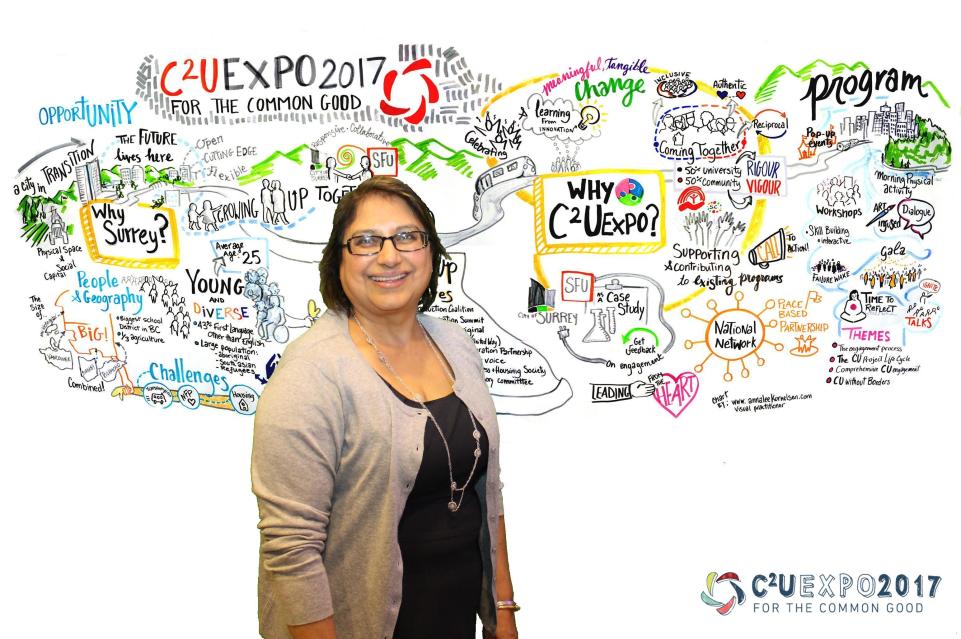
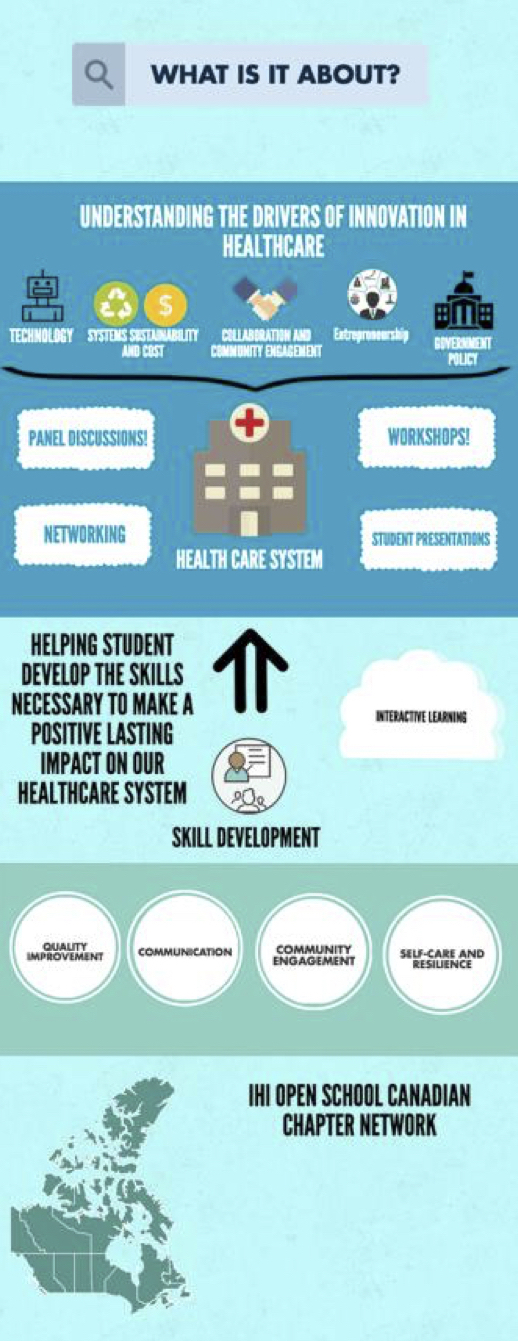
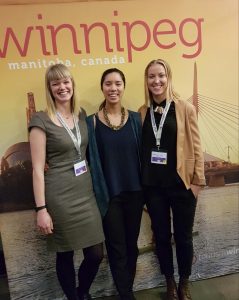
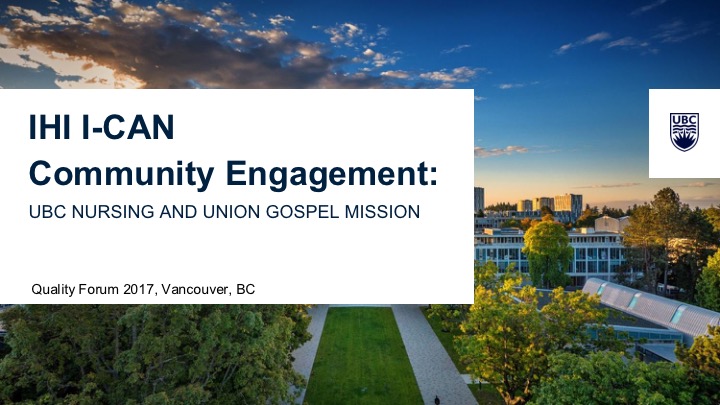
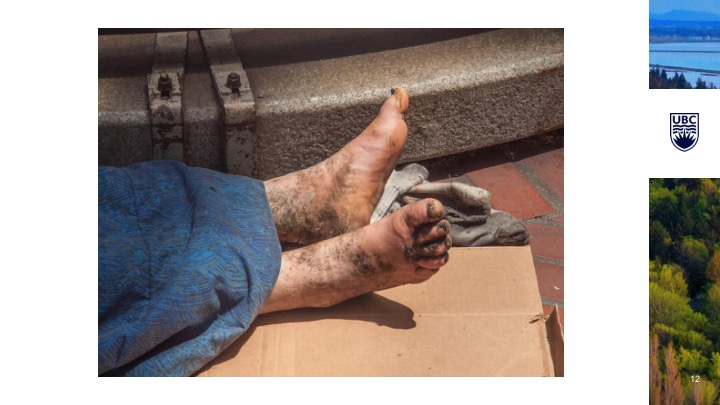
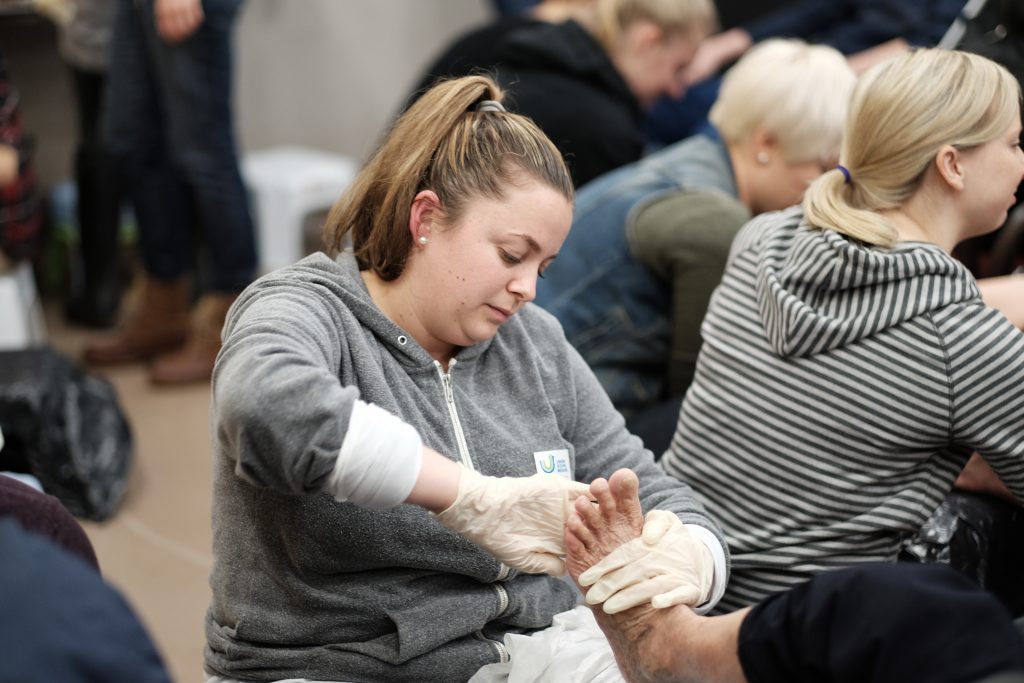 Our foot soak service offered clients accessing the lunch service to soak, clean and have their feet massaged and dried thoroughly, and to get a new pair of socks; a small action that goes a really long way in Vancouver’s damp weather. During this time, the UBC student nurses were able to engage with clients, assess their foot health, talk about their general health and their concerns and make a referral to primary health care services in the community if desired and indicated. Simultaneously, students were able to get to know some of the real people living in this community and were able to gain some understanding of how social positions intersect as the social determinants of health can impact an individual, a community and populations health and well-being. Every six weeks students working through their community health rotations would cycle through and participate in hosting the foot soak clinics.
Our foot soak service offered clients accessing the lunch service to soak, clean and have their feet massaged and dried thoroughly, and to get a new pair of socks; a small action that goes a really long way in Vancouver’s damp weather. During this time, the UBC student nurses were able to engage with clients, assess their foot health, talk about their general health and their concerns and make a referral to primary health care services in the community if desired and indicated. Simultaneously, students were able to get to know some of the real people living in this community and were able to gain some understanding of how social positions intersect as the social determinants of health can impact an individual, a community and populations health and well-being. Every six weeks students working through their community health rotations would cycle through and participate in hosting the foot soak clinics.